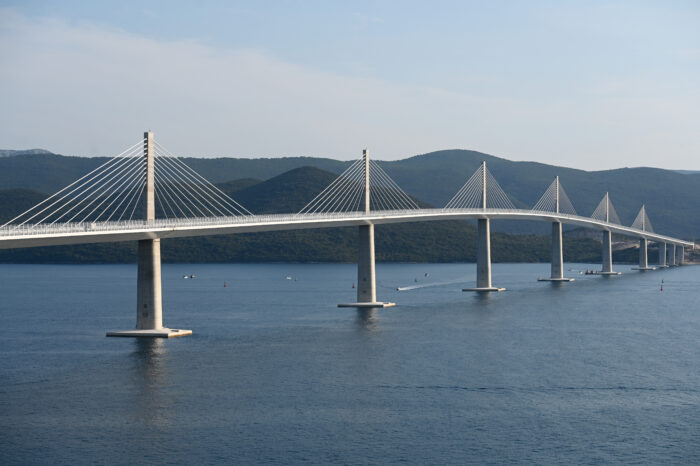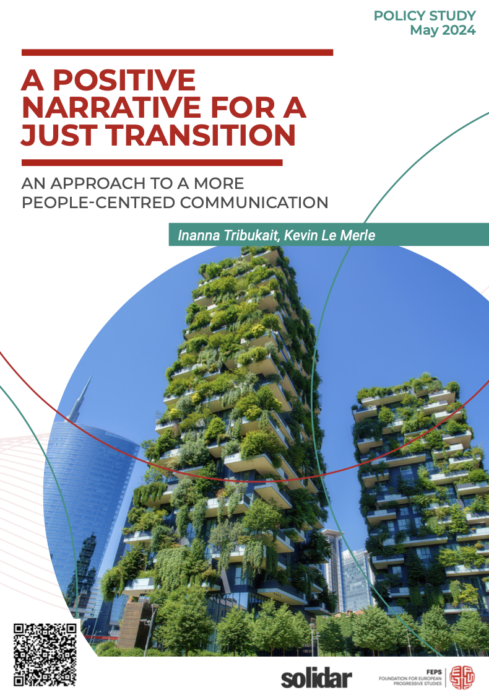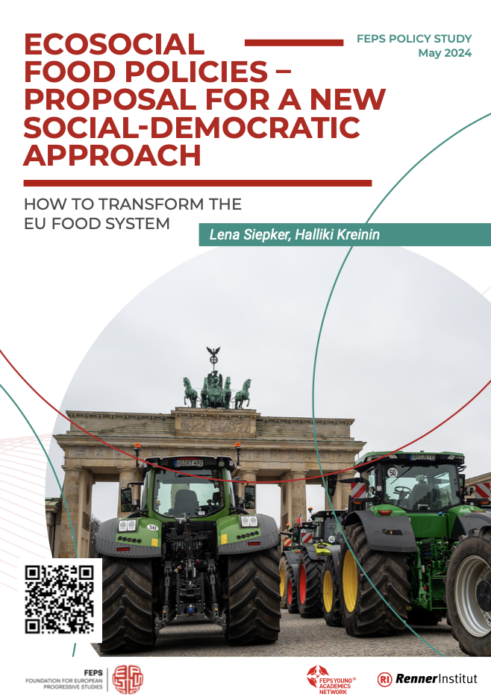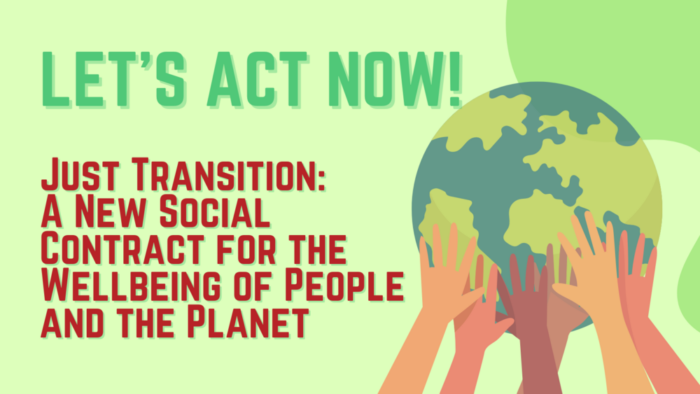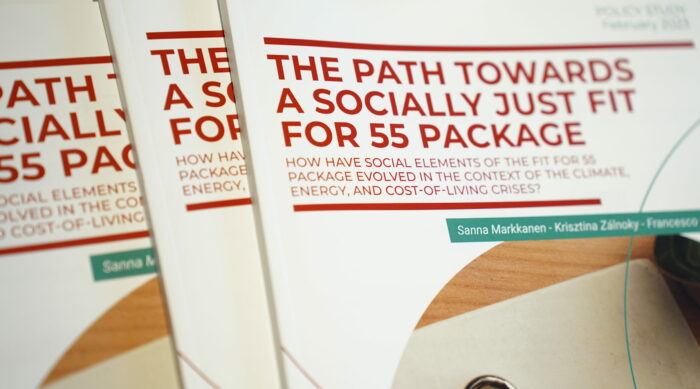FEPS together with the Foundation Max van der Stoel in the Netherlands (FMS) has initiated a research project to extend its work further on climate justice.
Currently, European climate policies mainly focus on the environmental issue and consist of multiple incoherencies. There is considerable debate about what works and what goes against the protection of not only the environment but also of people’s rights. What should be incorporated in these kinds of policies and what should they look like?
Climate change does not stop at borders, yet when it comes to climate policies within the European Union, questions of social justice are rarely prioritised. Perspectives of Africans, who are most vulnerable to the climate crisis despite contributing very little to global emissions, are additionally not sufficiently taken into account.
The type of questions we will be looking into will be; how do our African neighbours see both Dutch and European climate policies impacting African countries at large? How can European countries make effective policies to reduce disproportionate effects of climate change? And how can we collectively ensure those policies to be fair and align with the priorities of African countries?
With this research we will develop policy recommendations for better European climate policies which do take different African perspectives into account.
The project aims to gather opinions and experiences about current EU climate policies, their global effects and ways they can be better enhanced. It will feature components of desk research, field research (covid depending) and meetings with experts from stakeholders across the African continent as well as Europe. The project will result in a publication due out in the first quarter of 2021.



